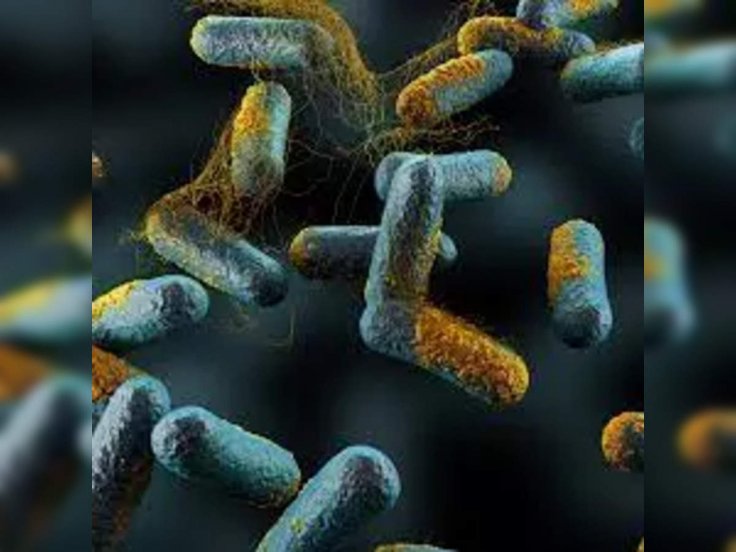A rare and deadly food poisoning outbreak has gripped Moscow, with more than 100 people hospitalized, including 30 in intensive care. Health authorities have identified botulism as the primary cause of this alarming situation.
Botulism is a potentially fatal illness caused by toxins from the bacterium Clostridium botulinum. These toxins attack the nervous system, leading to paralysis and, if untreated, death. The World Health Organization (WHO) describes botulism as a serious disease with a high mortality rate unless diagnosed and treated promptly.

The outbreak has been linked to salads delivered by an online service. The popular food delivery company, Kuchnia Na Rayone, is at the center of the investigation. The company has suspended its operations amid a criminal probe into breaches of consumer safety standards. Moscow's deputy mayor, Anastasia Rakova, reported that 121 people have sought medical help. "Currently, 55 people are in serious condition, 30 of them in intensive care," she stated on Monday.
The Moscow prosecutor's office has initiated a criminal investigation to determine the cause of this outbreak. Kuchnia Na Rayone identified a potential risk associated with a salad containing tinned beans and has ceased all orders to prevent further cases.
Understanding Botulism
Botulism is a severe and rare illness caused by Clostridium botulinum bacteria. These bacteria produce a toxin that attacks the body's nervous system. Though botulism is rare, it can be deadly without immediate treatment. According to WHO, botulism does not spread between people but requires prompt medical attention to prevent a high mortality rate.
The Clostridium botulinum toxin targets the nerves, causing muscle weakness and paralysis. Various types of botulism include foodborne, infant, and wound botulism. Early symptoms can appear from three to 30 days after exposure to the bacteria. Common signs include:
- Drooling
- Weakened cry in infants
- Reduced gag reflex
- Constipation
- Muscle weakness
- Breathlessness
- Drooping eyelids
- Blurred vision
- Dry mouth
- Slurred speech
- Difficulty swallowing
- Paralysis of arms and legs
- Nausea and vomiting
Treatment for Botulism
No specific treatment can cure botulism, but early intervention with antitoxins can prevent further damage. The antitoxin blocks the toxin's activity in the bloodstream, stopping it from causing additional harm. However, the antitoxin cannot reverse existing damage.
Patients often require hospitalization for weeks or months to recover fully. Treatment options depend on the severity and cause of the infection. Medical professionals emphasize the importance of early diagnosis and immediate treatment to reduce the risk of severe outcomes.
Ongoing Investigation
The Russian authorities are thoroughly investigating the breach of consumer safety standards that led to this outbreak. With the food delivery service suspended, the focus is on preventing further cases and treating those affected. The swift response from health officials highlights the gravity of the situation and the need for rigorous food safety practices.
As the investigation continues, the public is advised to seek medical help if they experience any symptoms of botulism. The incident underscores the importance of food safety and the potentially devastating consequences of lapses in hygiene and quality control in food preparation and delivery.









